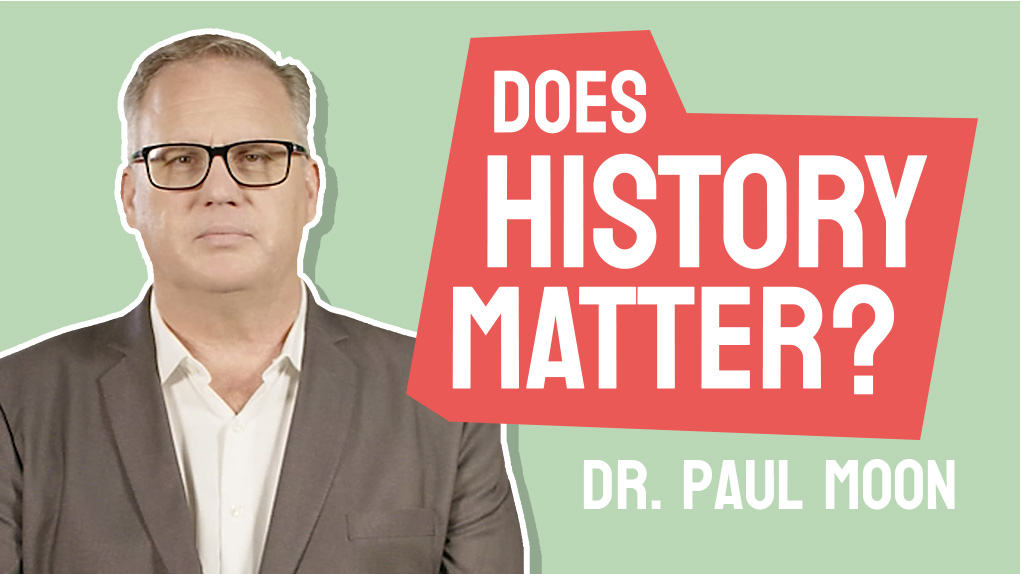Rose Hipkins and the ‘refreshed’ science curriculum
Greg Dawes, Guest Writer
19 July, 2023

The PM’s mother appears to believe the teaching of science should have a political dimension.
As a philosopher, I’ve been following closely the debate regarding the ‘refreshed’ science curriculum in New Zealand schools. What interests me is the understanding of science that underlies the new curriculum. This is not clearly expressed in what I have seen of the Ministry’s proposals. But one of the most vigorous advocates of the new curriculum has been Rosemary (Rose) Hipkins, the mother of our Prime Minister, who in 2019 was made a Member of the New Zealand Order of Merit for services to science education. So I have turned to Hipkins’ writings, particularly her 2006 PhD thesis, which sets out a programme very similar to the one being proposed.
The question addressed by Hipkins’ thesis is how to teach students about ‘the nature of science’. (In a university context we call this ‘the philosophy of science’.) Her understanding of the nature of science is strongly influenced by writers in the field known as ‘Science and Technology Studies’ (STS). These writers focus on the day-to-day practice of science and the social and political contexts in which this practice is carried out. One of the most interesting of these writers was the late Bruno Latour. Latour’s work is extensively cited in Hipkins’ thesis and she credits it as her primary starting point. So if we want to understand the conception of science that underlies the new curriculum, it is a good place to begin.
Latour is best known for what is called ‘actor-network theory’. According to this theory, the practice of science is not a purely intellectual endeavour, but is sustained by ‘networks’. These networks are made up of human beings, the objects with which they are interacting, and the social and political institutions of the surrounding society. Latour is also an advocate of a ‘relational ontology’, in which objects do not pre-exist the relations into which they enter. Things are what they are – they have a particular identity – only because of those relations. Coupling his actor-network theory with a relational ontology, Latour suggests that the practice of science helps to create the objects it investigates. When scientists studying the body of Ramses II claimed that the Pharaoh had died of tuberculosis, Latour suggested this could not be true, since the scientific practices that co-create the tuberculosis bacterium did not exist in ancient Egypt.
Latour was much criticized for that suggestion and he later admitted it may have gone too far. (Latour’s career was marked by outrageous claims, which he would later qualify.) But remarks like this show how easily Latour’s ‘actor-network’ understanding of science can go off the rails. It is in particular danger of going off the rails when it comes to the question of science and politics. The practice of science does involve interactions between people, objects, and institutions. Some of the institutions involved are political. So it is not surprising that politics can play a role in science, even to the point of influencing its theories. (To take a famous example, Darwin’s account of competition in the natural world may be influenced by the competitive spirit of British capitalism.) But this need not mean, as Latour once remarked, that science is merely ‘politics pursued by other means’. Taken at face value, this would suggest that science is not an attempt to understand our world; it is merely one of the arenas in which humans engage in political struggles.
Hipkins does not explicitly endorse this view, but she appears to believe that the teaching of science should have a political dimension. Using one of Latour’s distinctions, Hipkins argues that science teaching should begin with ‘matters of concern’ rather than ‘matters of fact’. (The four subject areas of the proposed new curriculum – earth science, biodiversity, the food-energy-water nexus, and infectious diseases – are matters of concern.) A traditional approach to science teaching would begin with matters of fact and leave matters of concern for discussion outside the science classroom. With regard to climate change, for instance, it would help students understand the science that studies the climate, while setting aside the question of what we should do. But if science teachers start with matters of concern, they will be faced immediately with ethical and political judgements, a consequence Hipkins seems to welcome. She suggests, for instance, that the learning of science should give rise to political action. As she writes, it is not what can be tested by an exam, but ‘what students do in the world’ that is the ultimate test of their learning.
Hipkins backs this up with the idea of ‘ontological politics’, which comes from the work of John Law. Latour’s theory is an instance of what Hipkins calls a ‘participatory epistemology’, which holds that we participate in creating the objects of our knowledge. But if this is true, questions about scientific practice are not merely questions about discovering how the world is. They are questions about ‘what there should be in the world, about politics or ethics’. In Hipkins’ words, science ‘should work towards making some versions of reality more “real” while eroding others’. It follows that the practice of science is inseparable from politics; science apparently is politics pursued by other means.
What are we to make of these ideas? I would certainly include them in a philosophy of science course. But I would also include the criticisms that have been made of them. Some criticisms relate to the idea that the practice of science co-creates the objects it studies. It is easy to see that social science can shape its objects. As the philosopher Ian Hacking has argued, human behaviour is very susceptible to ‘feedback effects’. The very naming and describing of a psychological condition, for instance, can lead people to act it out. But the natural world – the world studied by physics and chemistry – is more resistant to our practices. One can also criticize Latour’s focus on matters of concern. The seventeenth-century founders of modern science chose to focus exclusively on matters of fact, regarding ethical, political, and religious debates as beyond the scope of their inquiries. This enabled individuals of widely differing ethical, political, and religious views to work together. One could argue that focusing on matters of concern risks fracturing the scientific community (or a school science class) along political lines.
Hipkins’ approach to science education owes something to the tradition of ‘critical theory’, developed by the philosophers of the Frankfurt School. One of the founding texts of this movement was Max Horkheimer’s essay contrasting ‘traditional theory’ and ‘critical theory’. Traditional theory is marked by a detachment from politics and a separation of knowing subject and known object, while critical theory recognizes the knower’s involvement in the historical process and seeks to reshape society. But Horkheimer was not advocating that we replace a detached science with a politically committed one. In his view, traditional science would remain important, for it plays an essential role in contributing to our knowledge of both the natural world and society. Latour’s view of science, by way of contrast, can be understood as collapsing science into politics.
The problem with Hipkins’ thesis is criticisms of this kind are barely mentioned. A particular view of science is presented as though it were established and uncontroversial. It is this that really worries me. Teachers could, in principle, do in high schools what I do at the university. They could present students with a variety of views about the nature of science, of which Latour’s would be only one. But school students barely have time to learn the basic principles of science, without grappling with difficult philosophical questions. Nor are most science teachers trained to deal with them. What worries me is that the ‘refreshed’ curriculum will not so much discuss this controversial view of science, as take it for granted, embedding it in the topics it covers and questions it asks. This really would be a tragedy. Inculcating controversial views in ways that do not allow them to be discussed is indoctrination, not education.
Greg Dawes has published extensively on relations between science and religion. He teaches philosophy at the University of Otago. To receive pieces like this in your inbox subscribe to our newsletter.
Image credit (above): Wikidata, Shutterstock




